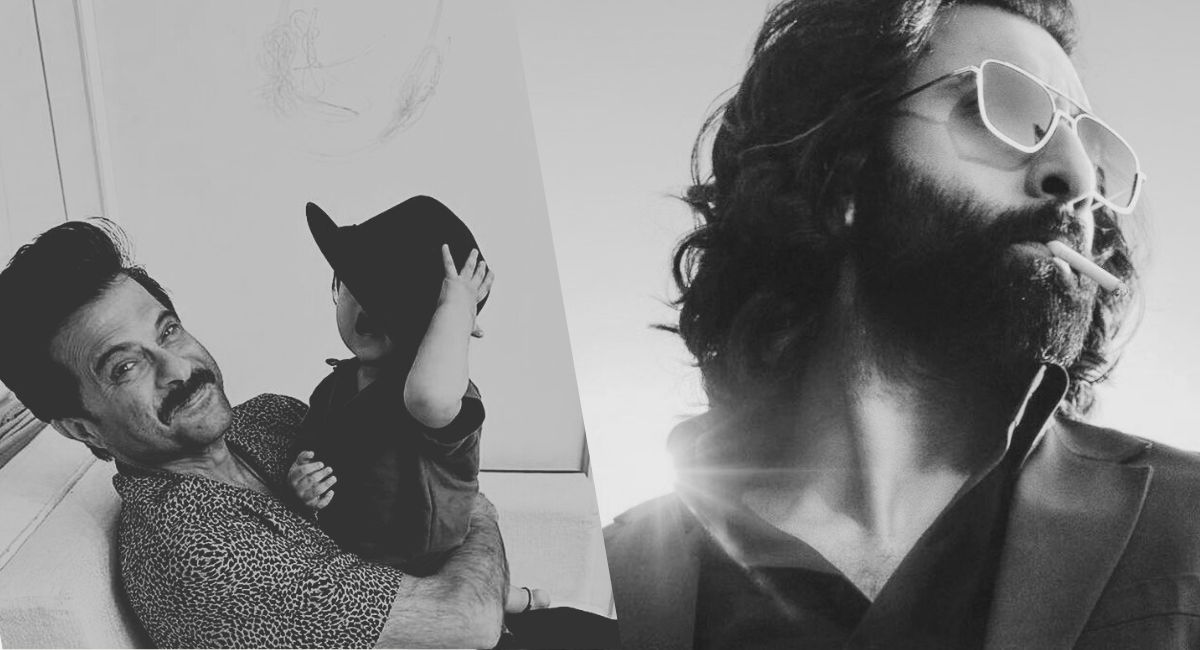When I saw Sandeep Reddy Vanga's "Animal," starring Ranbir Kapoor. I found it is a brutal exploration of a father-son relationship built on vengeance and violence. While the film garnered praise for its action sequences and performances, the aggressive bond between the protagonists, particularly Ranbir Kapoor's character, sparks a crucial conversation. It is this a portrayal of a future father-son dynamic, and is it beneficial to the youth? I am concerned about our future of the generation. Ranbir Kapoor's "Animal" explores a violent father-son bond. Is it a glimpse into the future of fatherhood, or a cautionary tale against toxic…...
Sign in with Google to continue reading
💬 Meet Our Members

Antonius Bakker
Antonius "Ton" Bakker, born May 23, 1961, in the Netherlands, is a…

Dr. B.H.S Thimmappa
B.H.S. Thimmappa is a seasoned chemistry professional with extensive experience in developing…

Carl Scharwath
Carl Scharwath, has appeared globally with 210+ publications selecting his writing or…

Sindhu Gopalkrishnan
I love writing as I get to create something beautiful and touch…

Julia Orozco
Poet who love nature and writing poetry.
Tamizh Ponni VP
Tamizh Ponni VP is an ambivert who loves to express her skills…
Support independent journalism. Your membership keeps us going.
When I saw Sandeep Reddy Vanga's "Animal," starring Ranbir Kapoor. I found it is a brutal exploration of a father-son relationship built on vengeance and violence. While the film garnered praise for its action sequences and performances, the aggressive bond between the protagonists, particularly Ranbir Kapoor's character, sparks a crucial conversation. It is this a portrayal of a future father-son dynamic, and is it beneficial to the youth? I am concerned about our future of the generation.

The Father-Son Dynamic: A Web of Toxicity
In "Animal," Ranbir Kapoor plays the son of a powerful, ruthless industrialist. Upon learning of an assassination attempt on his father, he embarks on a relentless path of revenge, mirroring his father's violent tendencies. This intense bond is fueled by a shared sense of masculinity and a distorted perception of family loyalty. Therefore, the film depicts a father-son relationship where love manifests through violence and the pursuit of power. It goes beyond the unimaginable revenge. Isn't it gives a bad message to the society? Check out the latest movie recommendations here from Hollywood and beyond.
This portrayal raises concerns about the potential normalization of such aggressive behavior within families. While the film doesn't explicitly glorify this dynamic, the sheer intensity and unwavering support between father and son, despite their violent actions, could be misconstrued by some viewers. What the director wanted to convey in this movie? The action, or the emotional bond between bather and son? Or it was the power of money of his subconscious mind.
A Dystopian Vision of the Future Family?
While the film doesn't claim to depict a universally applicable future father-son bond, it does raise a pertinent question: are we witnessing a societal shift towards a more aggressive and individualistic approach to family relationships? It has landed a big question on the parents of today. They are thinking about the future of their kids, especially, those are who living middle class family. If the industrialist family members or so. Behave like this then what about middle people. They will be the victims for sure.
The changing dynamics of family structures, coupled with the increasing emphasis on personal ambition and instant gratification, could potentially lead to a rise in emotionally distant and potentially violent family bonds. "Animal" serves as a cautionary tale, highlighting the dangers of prioritizing violence and dominance within the family unit.
Ranbir Kapoor's Character: A Detrimental Role Model?
Ranbir Kapoor's portrayal of a son consumed by vengeance and mirroring his father's violent tendencies is a far cry from the conventional heroic characters often associated with him. While his performance is undoubtedly powerful, the character itself presents a potentially harmful role model for young audiences.
The unwavering loyalty and willingness to inflict violence, even in the name of family, could resonate with some viewers, particularly those struggling with anger management or navigating complex family dynamics. It's crucial to recognize that the film presents an extreme and potentially detrimental model of father-son interaction, one that shouldn't be emulated in real life. The revenge could have been some soft molds in and out to bring such aggresive behaviours to the end.
Alternative Perspectives on Father-Son Bonds
Fortunately, "Animal" doesn't represent the sole portrayal of father-son relationships in cinema. Numerous films showcase healthier, more supportive dynamics built on mutual respect, understanding, and open communication. These narratives offer positive role models for young audiences, emphasizing the importance of emotional intelligence, empathy, and conflict resolution within the family unit.
Films like "The Pursuit of Happyness," "To Kill a Mockingbird," and "Captain America: The Winter Soldier" depict father-son bonds that prioritize emotional connection, vulnerability, and guidance. These stories highlight the positive impact healthy father figures can have on shaping young men into responsible and emotionally mature individuals.
Conclusion: Promoting Healthier Father-Son Relationships
While "Animal" presents a compelling yet disturbing portrayal of an aggressive father-son bond, it's crucial to recognize it as an outlier rather than a harbinger of the future. It serves as a stark reminder of the potential pitfalls of prioritizing violence and dominance within families.
Instead, promoting narratives that showcase healthy father-son relationships built on open communication, emotional support, and mutual respect is essential. By highlighting the positive aspects of these bonds, we can encourage young men to develop into emotionally intelligent and responsible individuals, fostering healthier family dynamics for generations to come. FliXD: Find your next favorite film!
It's important to note that the film likely doesn't intend to present a universally applicable vision of the future father-son bond. However, it sparks a vital conversation about the potential consequences of glorifying violence and prioritizing power within families. Such behaviour of oneself will never be tolerated by socity and only look good in the movie. However, it gives cold impact on the generation like a slow poison and kills our long built family values. By recognizing the film's portrayal as an extreme example and actively promoting healthier alternatives, we can ensure that future generations embrace more positive and constructive father-son relationships.











